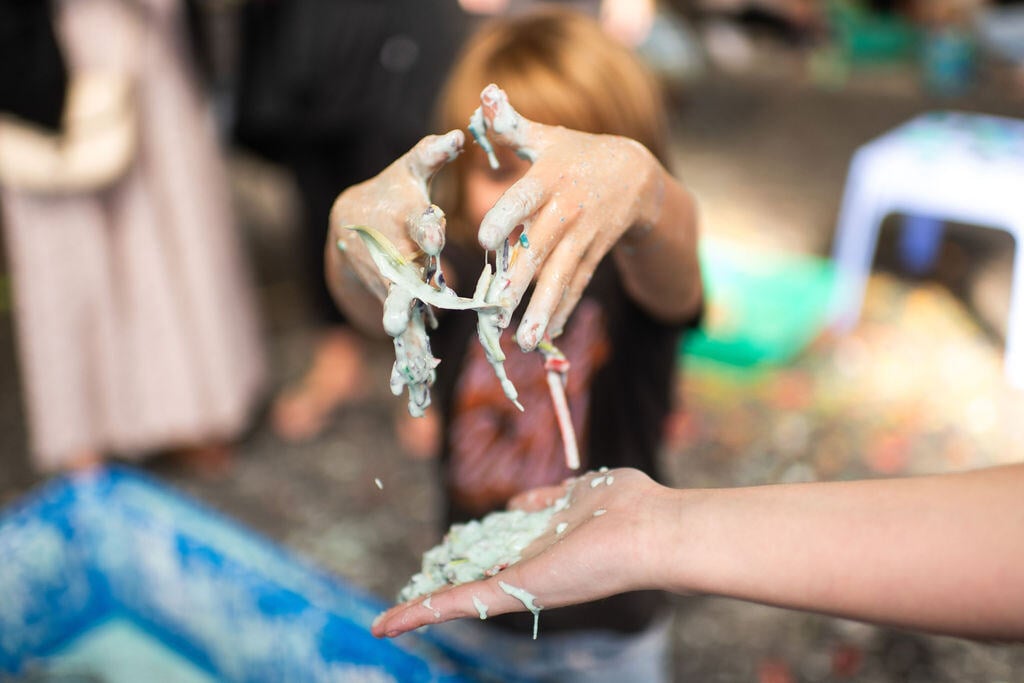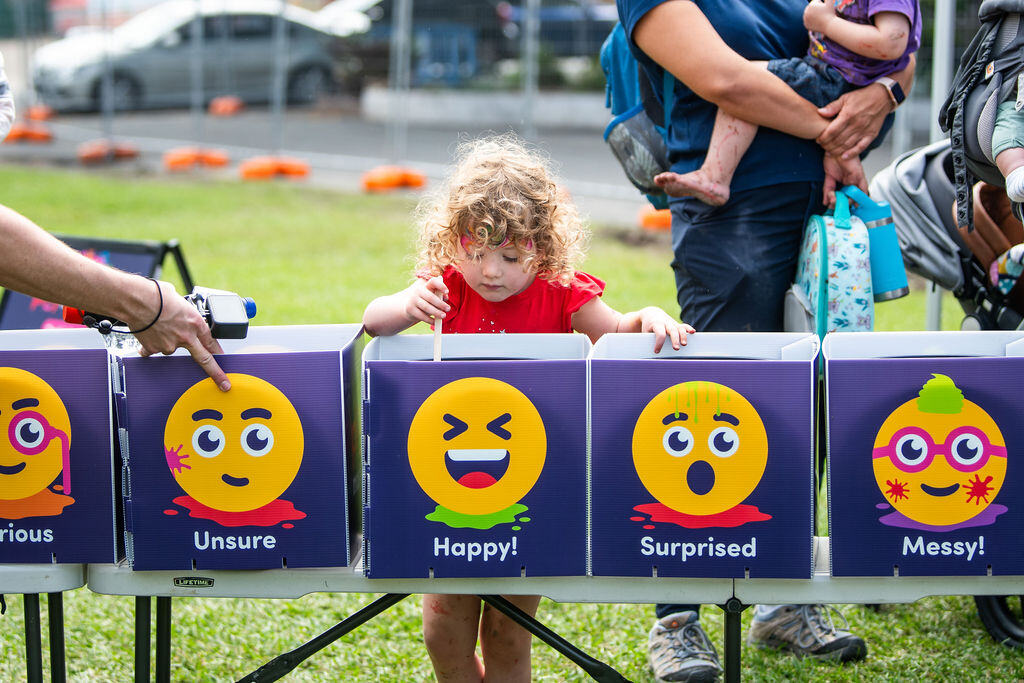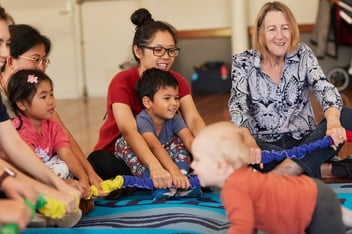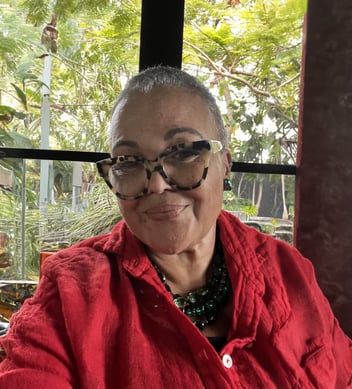
Exploring Global Play: Enriching Children's Lives Through Cultural Diversity
Blog > Exploring Global Play: Enriching Children's Lives Through Cultural Diversity

Exploring Global Play: Enriching Children's Lives Through Cultural Diversity
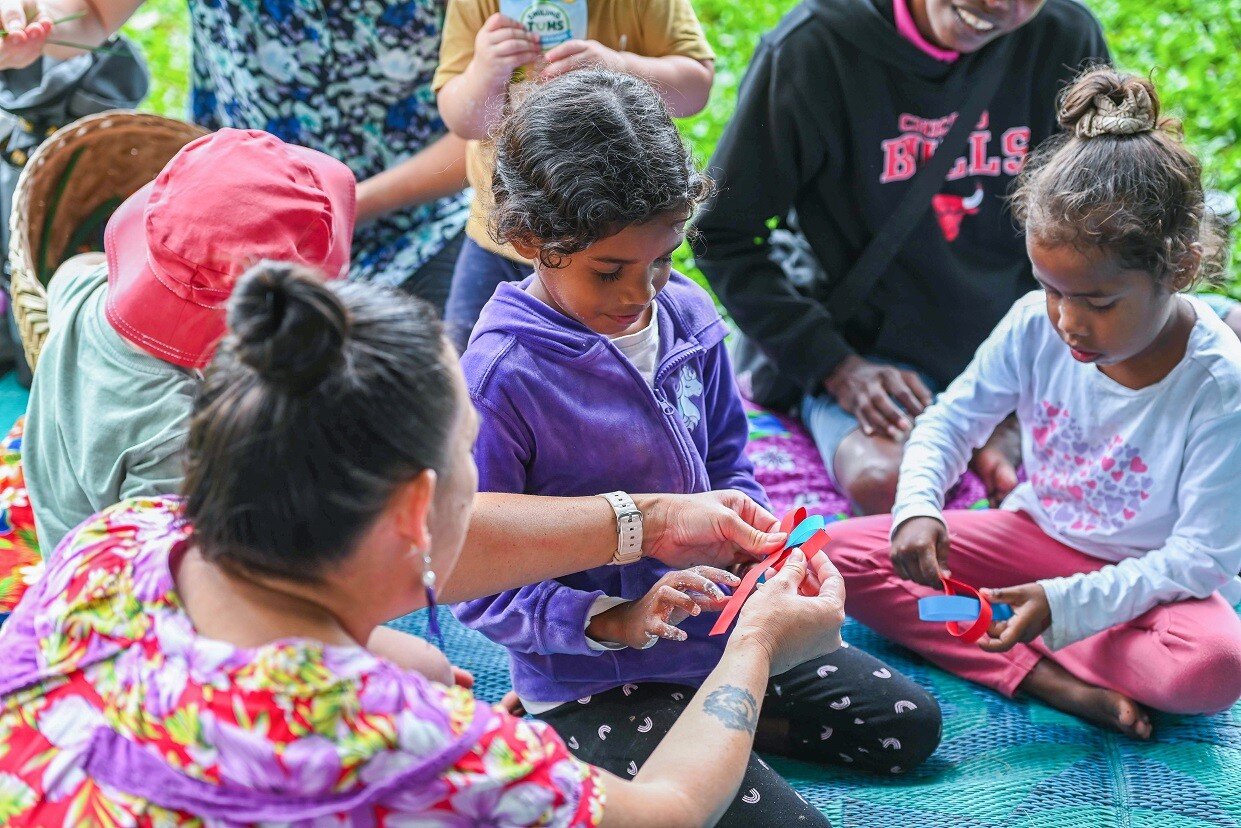
Play is a universal language that transcends cultural boundaries, offering children a unique way to explore the world around them. But children's games and activities can vary significantly from one culture to another, each offering its own set of values and teachings. By introducing global play ideas into playgroups, we can enrich children's understanding of diverse cultures and encourage a sense of empathy and appreciation for the world beyond their immediate environment.
This blog post explores ideas for global activities for parents, educators, and playgroup coordinators to create a more inclusive and enriching experience for all. By celebrating cultural diversity through play, we foster a sense of community and belonging.

The Importance of Cultural Play
Cultural play is more than just fun - it's a vital part of a child's development.
It helps children:
-
Appreciate diversity: Learn to value different cultures and perspectives.
-
Develop empathy: Understand the feelings and experiences of others.
-
Learn about the world: Discover new languages, traditions, and ways of life.
-
Enhance cognitive development: Improve problem-solving, creativity, and language skills.
-
Build social skills: Foster cooperation, communication, and teamwork.
Exploring Play Ideas from Around the World
Traditional games and activities from diverse cultures offer a wealth of educational benefits, from language development to cultural awareness. By incorporating these into your playgroup, you can create a stimulating and engaging environment for children.
Traditional Games: Games like "Yulunga" Indigenous games from Australia, which include activities such as "Kai" (a ball game played with a kangaroo skin ball) and "Kolap" (a game involving throwing objects at a target), offer insights into Indigenous Australian cultures and social interactions. These games are detailed in resources provided by Sport Australia.
Cultural Toys and Crafts: Using toys and crafts from different cultures can enhance children's creativity and understanding. For example, creating Japanese origami or playing with African djembe drums can expose children to the artistic and musical traditions of other cultures. Fabrics and materials from different cultures, such as batics, beads, grasses and ochres can help children gain a deeper knowledge of how natural resources are used around the world (Educators Domain).
Cooking Lessons: Cooking is a wonderful way to explore cultural diversity. Organising cooking sessions where children can learn to make simple dishes from different countries, such as Italian pasta or Japanese sushi, helps them explore different cuisines while learning about the cultural significance of certain ingredients or dishes. This hands-on activity can be both fun and educational, fostering an appreciation for global culinary traditions. Raising Children Network has many interesting and easy international cooking activities to try.
Music and Dance: Children love to move so introducing them to music and dance from various cultures creates enjoyable learning opportunities. Music and dance are integral parts of many cultures and can be easily included in playgroup activities. Playing traditional music from various countries and encouraging children to learn simple dance steps can be a delightful way to celebrate cultural diversity. The Australian Government's National Cultural Policy offers insights into the importance of cultural expressions in education. By engaging in such play, children can develop a deeper appreciation for cultural differences and similarities.

Practical Tips for Incorporating Global Play
Creating an inclusive play environment full of cultural diversity is both rewarding and enriching for children. Here are some practical tips for parents, educators, and playgroup coordinators:
Creating a Diverse Play Environment: Design your playgroup space to reflect a variety of cultures. Decorate your space with maps, flags, and toys from different cultures. Visit Early Childhood Australia for guidance on setting up culturally inclusive environments.
Involving Families and Communities: Invite parents and community members to share their cultural backgrounds and traditions. Storytelling sessions, cultural workshops, and celebrating specific global festivals all provide excellent opportunities to bring people from different backgrounds together. The Australian Government's Harmony Day provides ideas and resources for celebrating cultural diversity.
Celebrating Cultural Festivals: Organise events to celebrate various international festivals within the playgroup. This can include activities related to Chinese New Year, Diwali, or NAIDOC Week. Celebrating these events gives children a deeper understanding of different cultural practices and traditions. The NAIDOC website offers resources for celebrating Indigenous Australian culture.
With a little creativity and some community input, teaching children to respect and appreciate diversity becomes a fun experience for all.
.jpg?width=1024&height=683&name=Sunshine%20Coast%20MPM%202024%20Web%20Res%20(135).jpg)
By incorporating global play experiences into playgroups, we can enrich children's lives in profound ways. Through traditional games, international crafts, cooking adventures, and music and dance, children explore the vibrant multiculturalism that makes up our world. This exposure fosters a deeper appreciation for diversity and cultivates empathy and understanding.
Parents, educators, and playgroup coordinators hold a unique power to create inclusive environments that celebrate cultural differences. By implementing the practical tips outlined in this blog, you can foster a sense of community and belonging among children, preparing them to become open-minded and culturally aware individuals.
Let's embrace the richness of our global community through play. By doing so, we not only entertain but also educate the next generation, equipping them with the skills and perspectives needed to thrive in an increasingly interconnected world.
.jpg?width=900&height=601&name=CONNECTING%20THROUGH%20CULTURE%20-%20PMA%20(44).jpg)
Resources:
Australian Children's Education and Care Quality Authority. (n.d.). Welcoming cultural diversity in early childhood education. Retrieved from ACECQA
Early Childhood Australia. (n.d.). ECA statement on play: Resources, references, and further reading. Retrieved from Early Childhood Australia
Educators Domain. (n.d.). Under 8's week: Week activity planner - Connecting to culture through play. Retrieved from Educators Domain
Play Matters. (n.d.). Engaging children in around the world play. Retrieved from Play Matters
Sport Australia. (n.d.). Yulunga: Traditional Indigenous games. Retrieved from Sport Australia
Find a play experience near you:
Subscribe to our newsletter >
Related content:
Advertisement:
.jpg)
